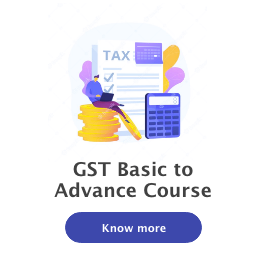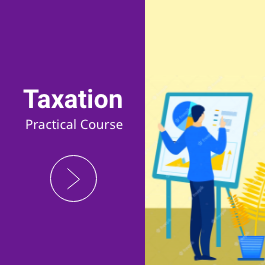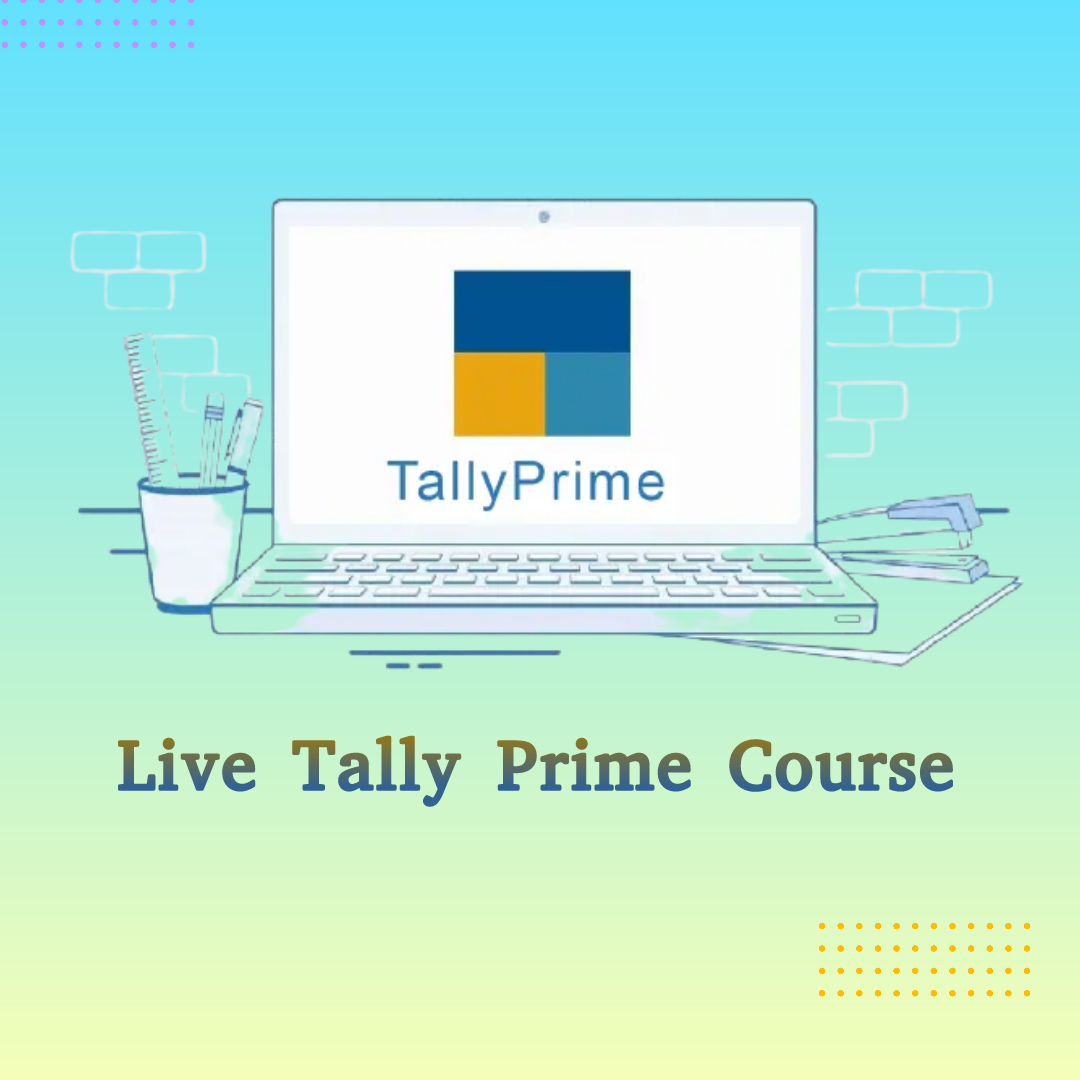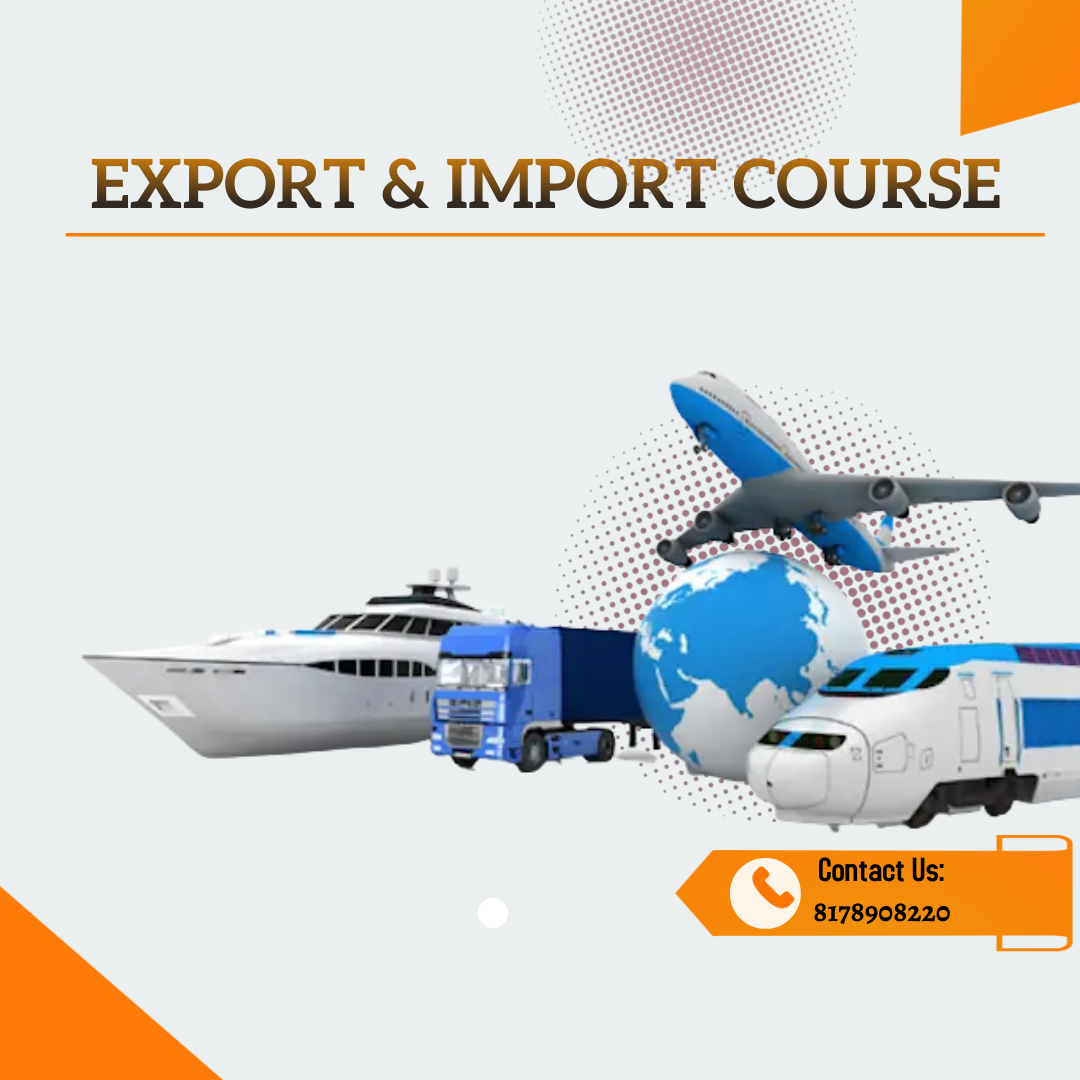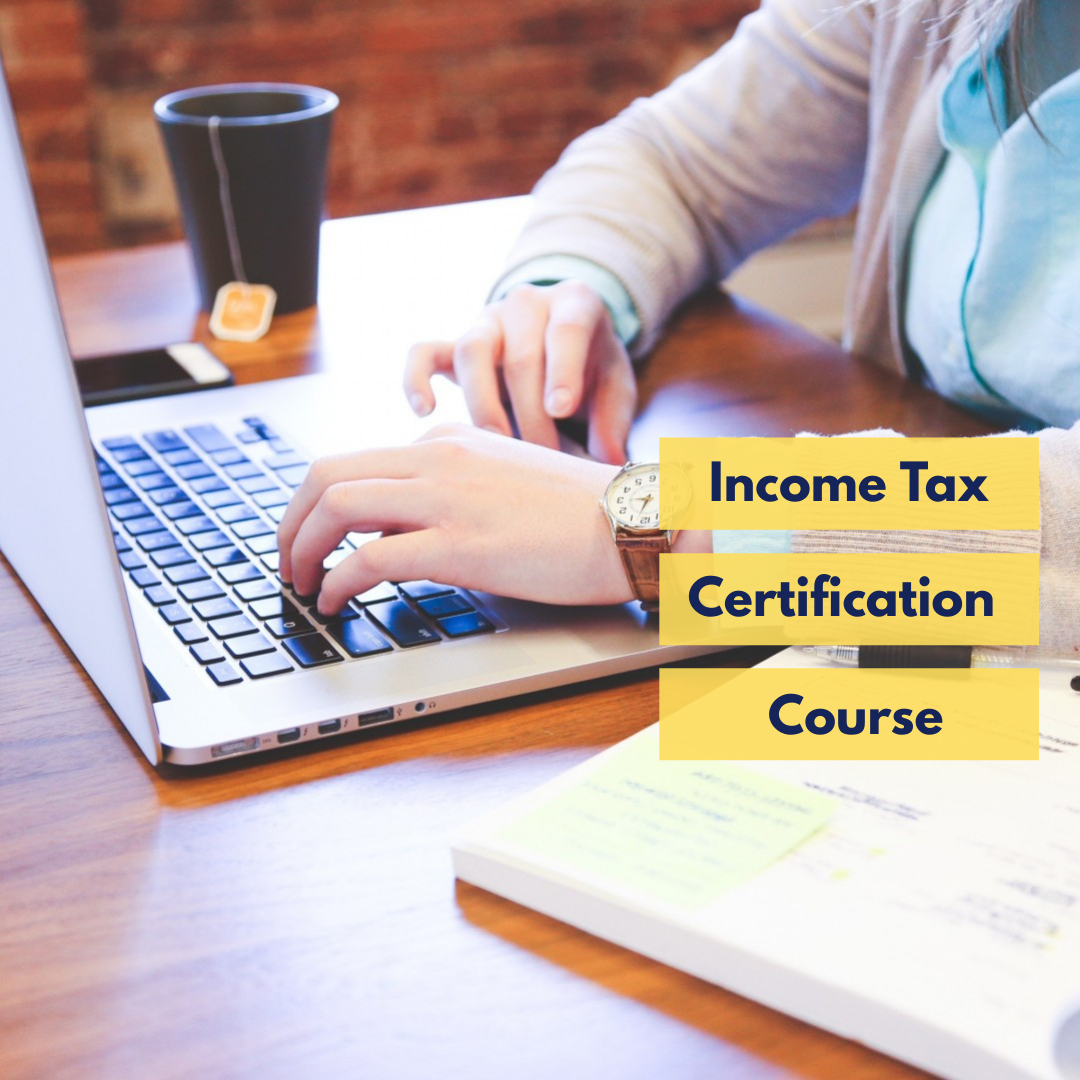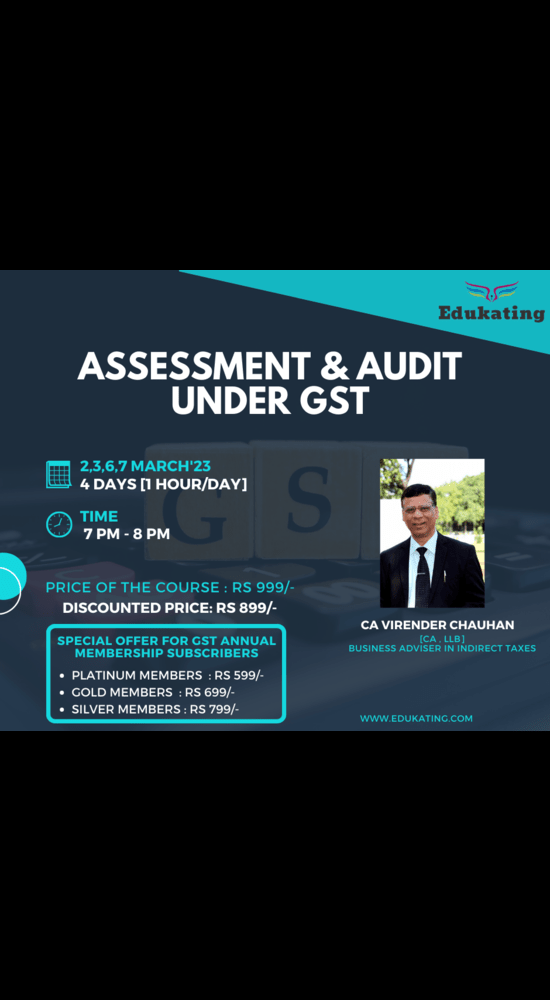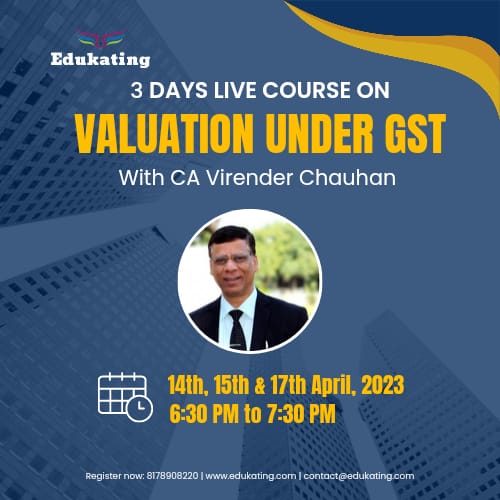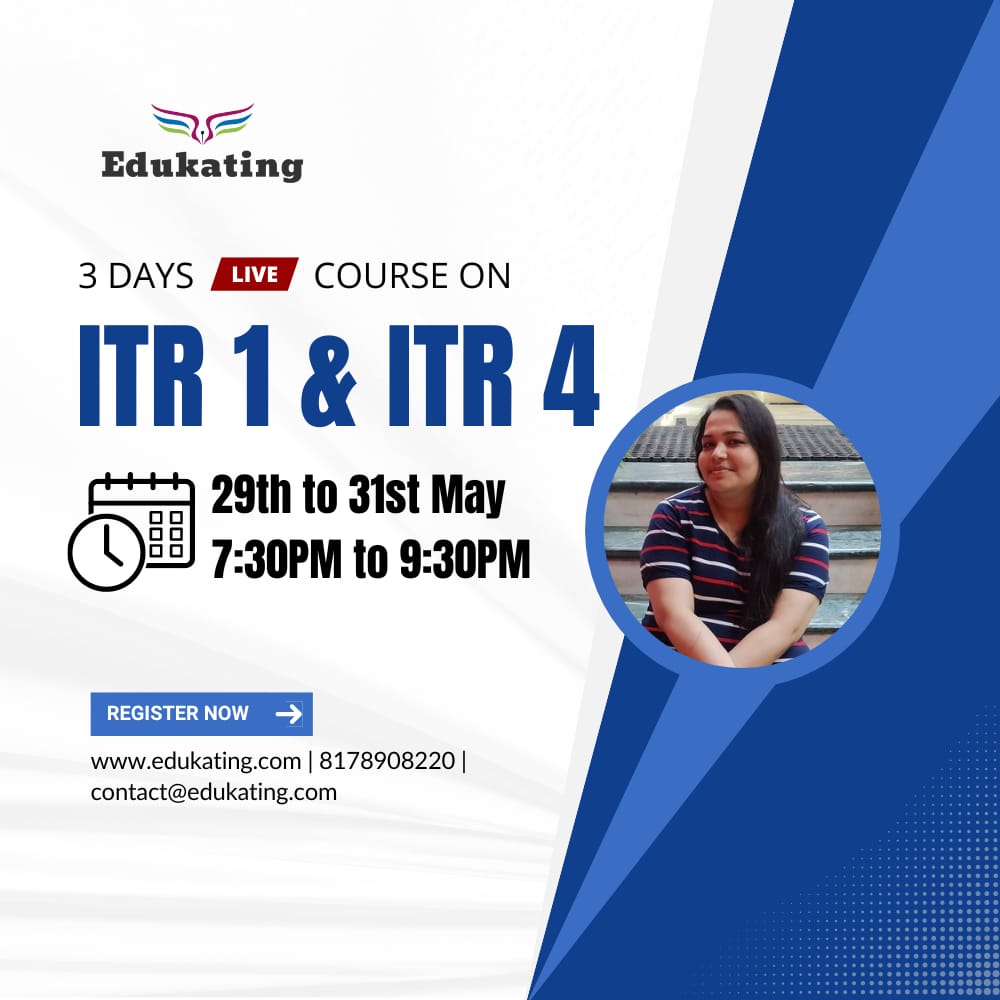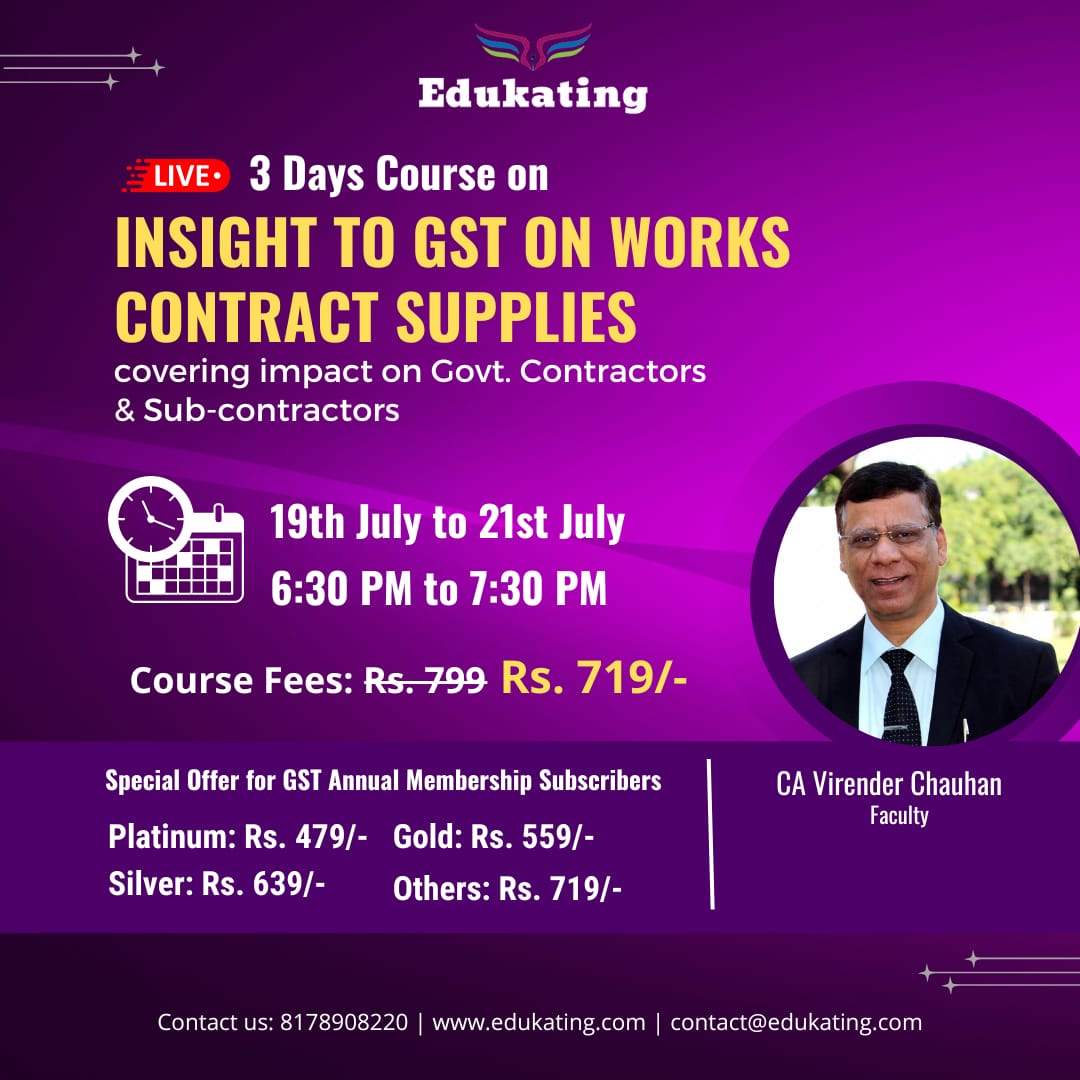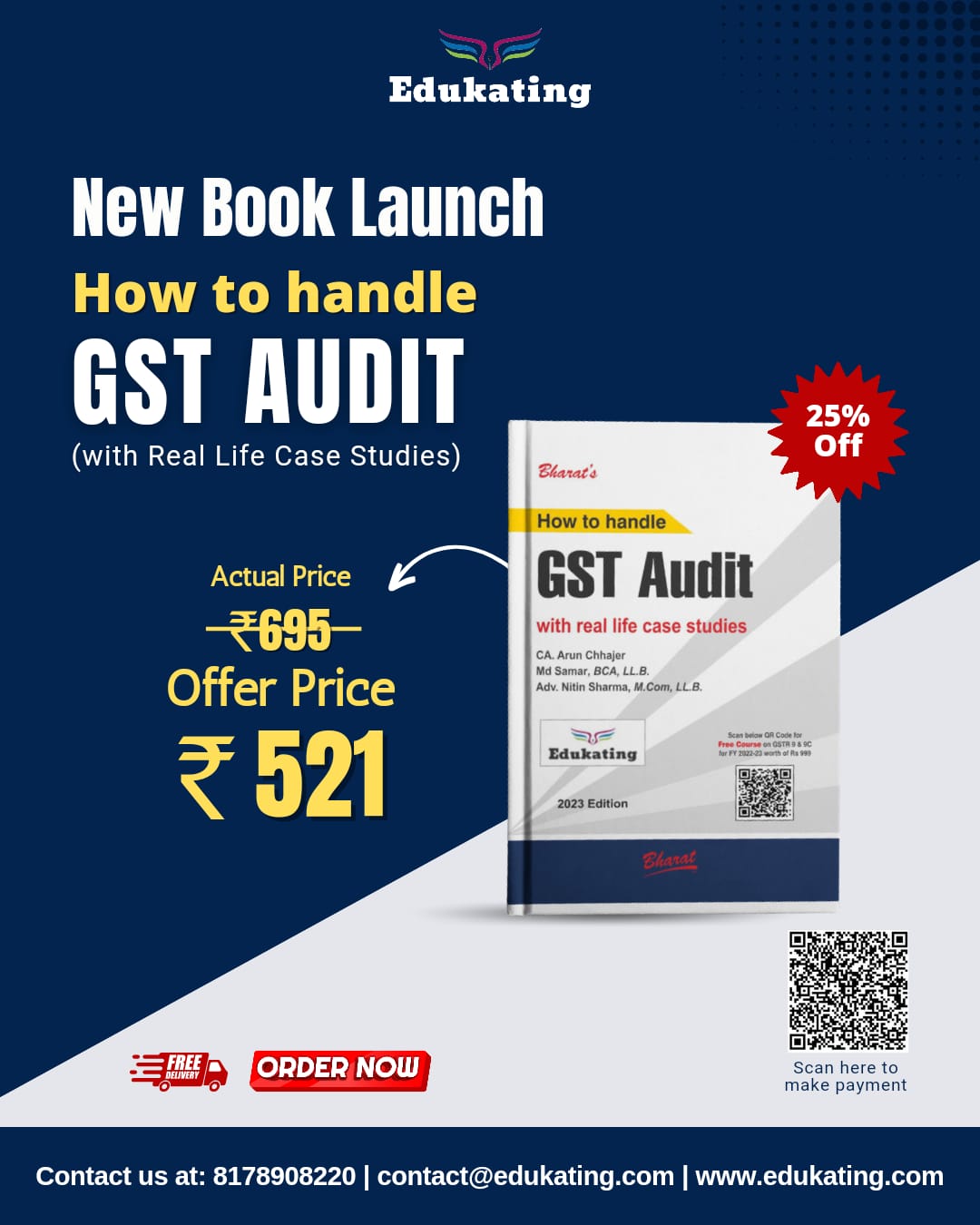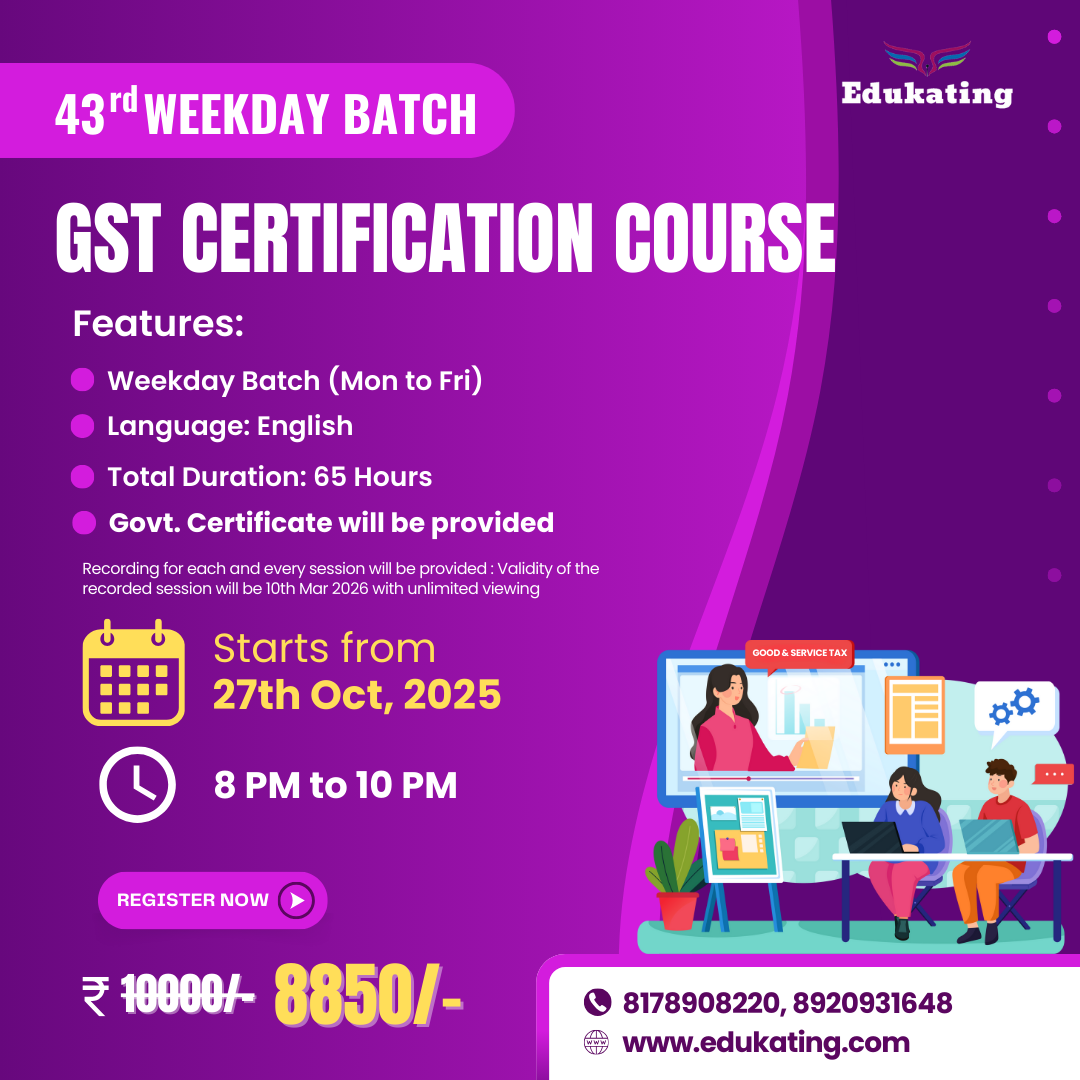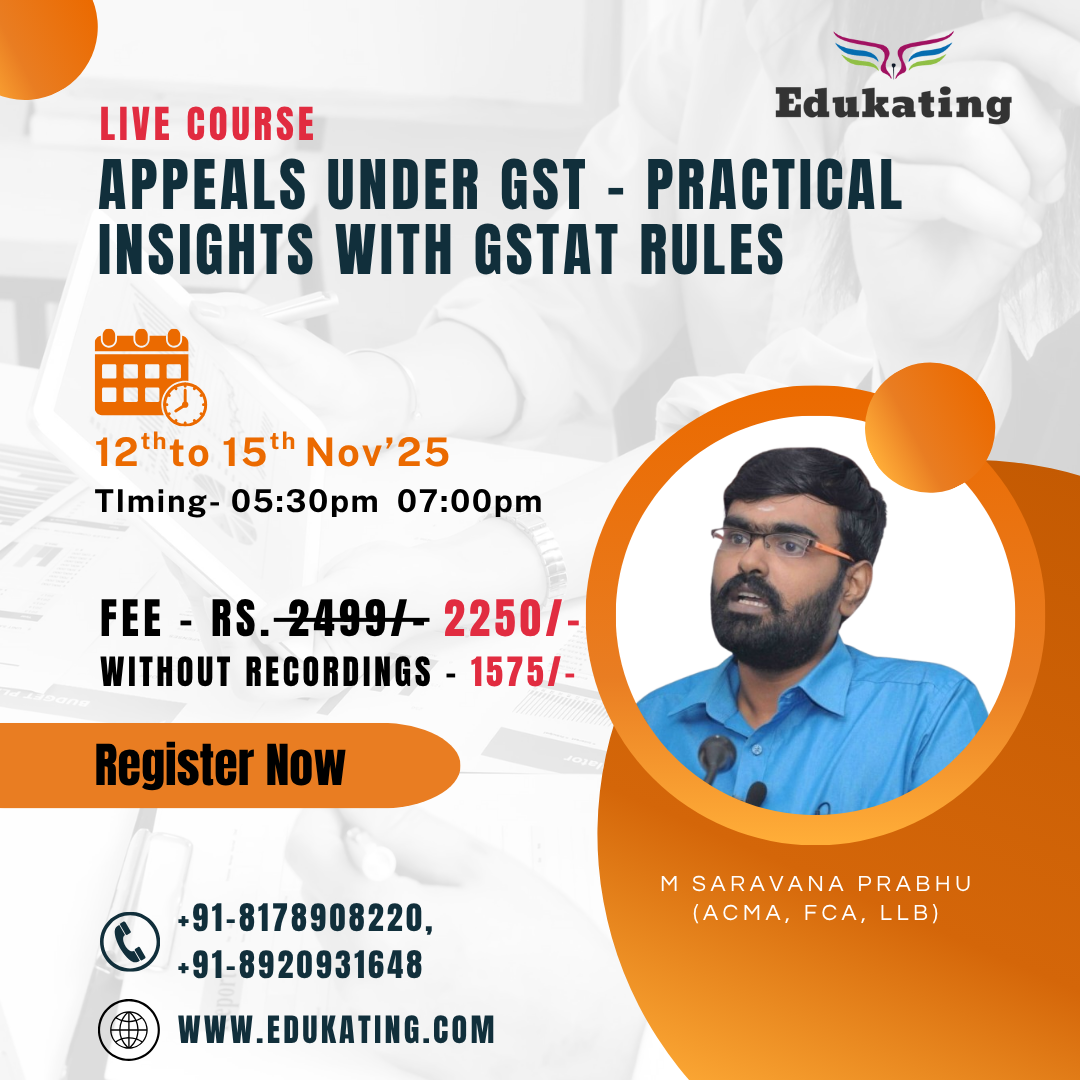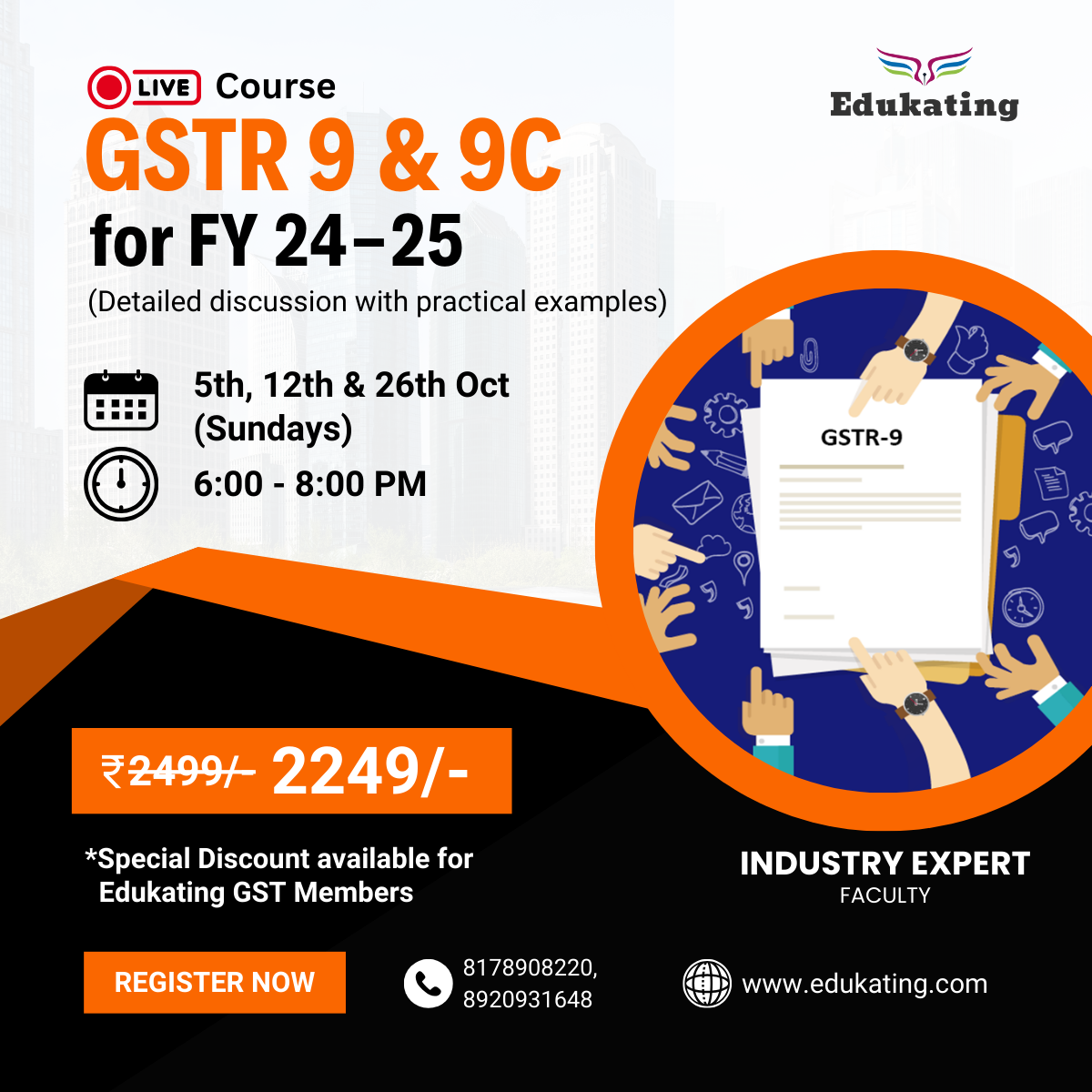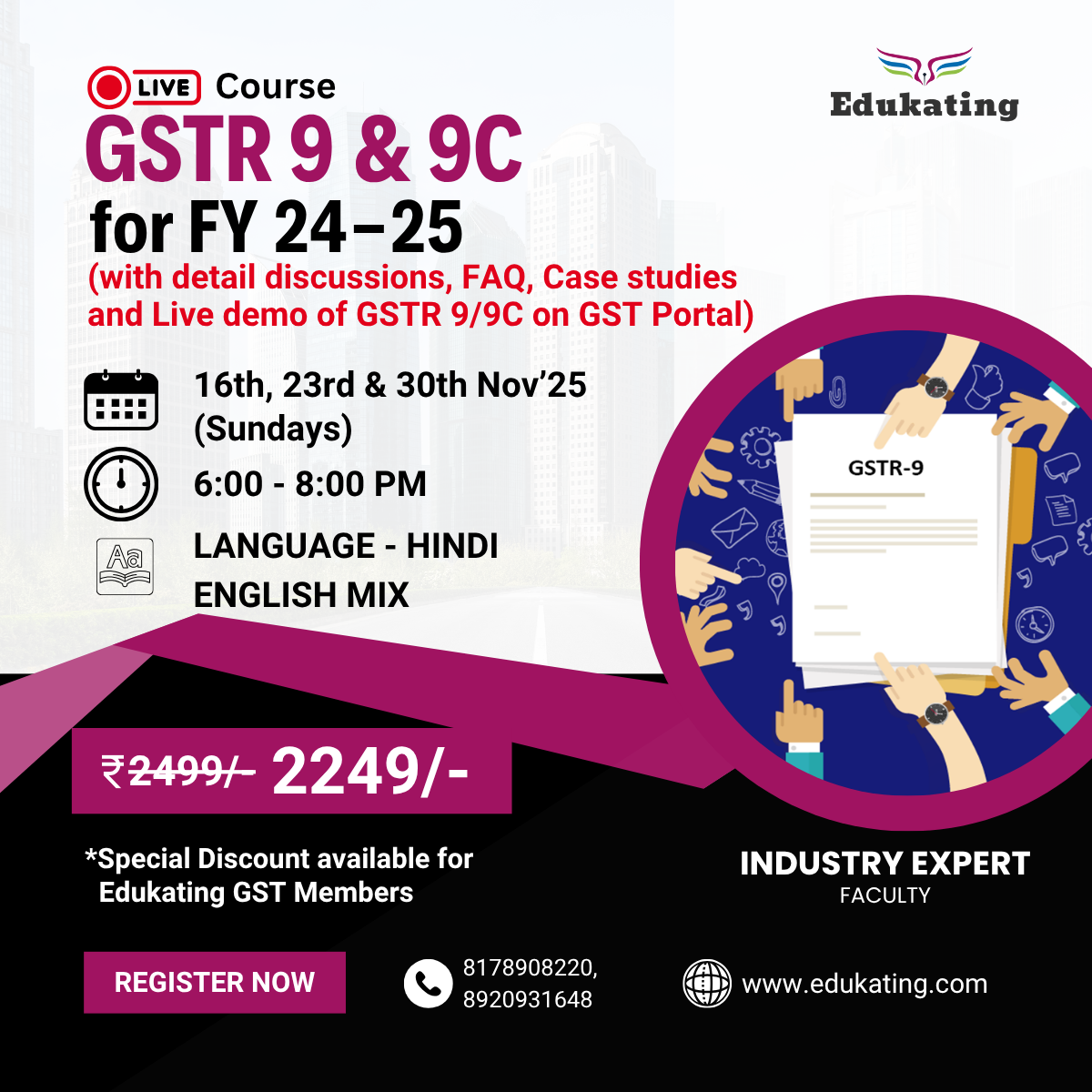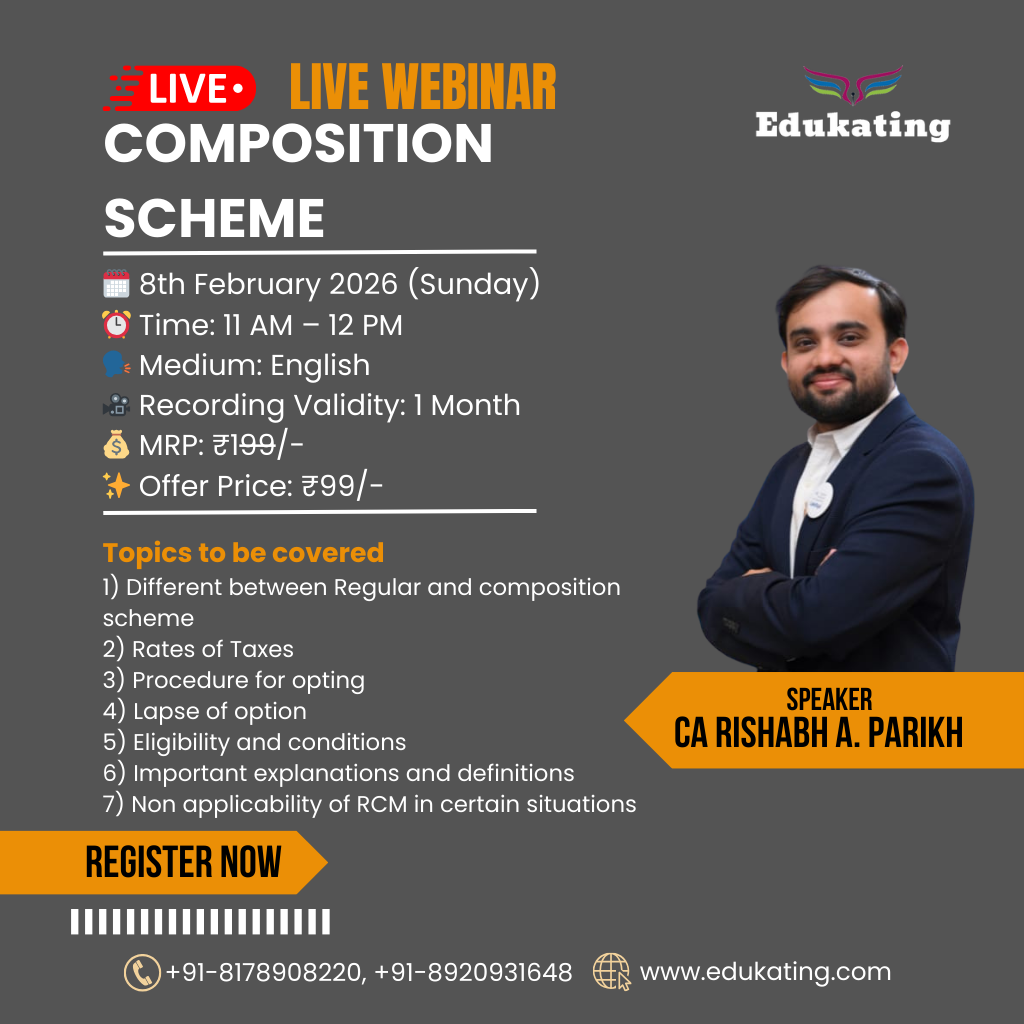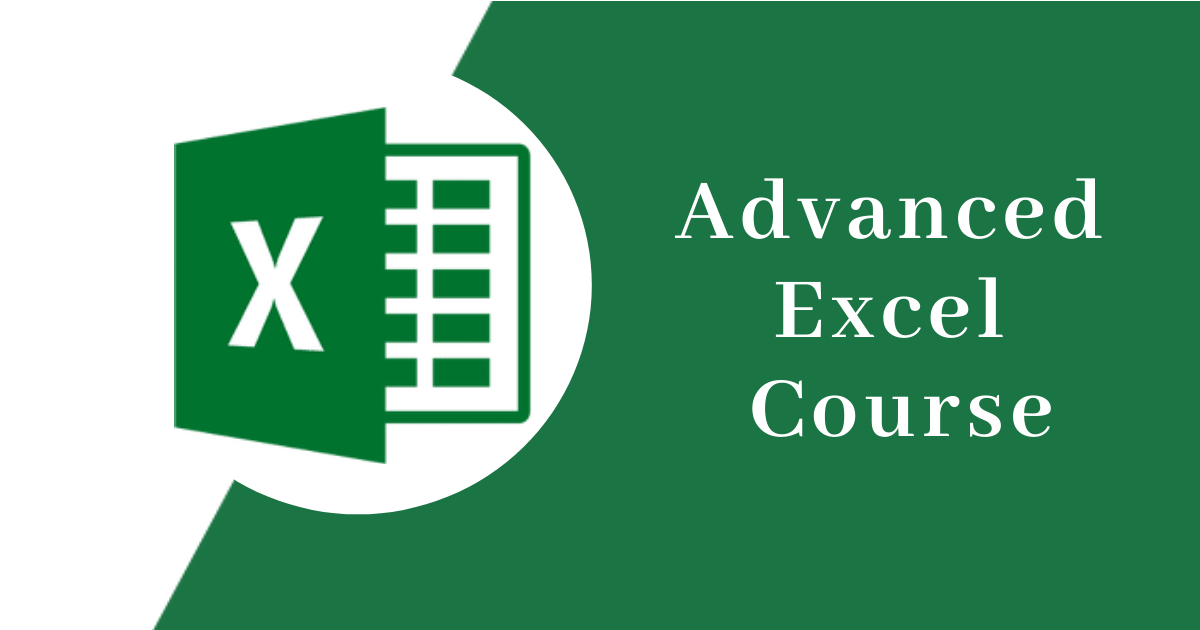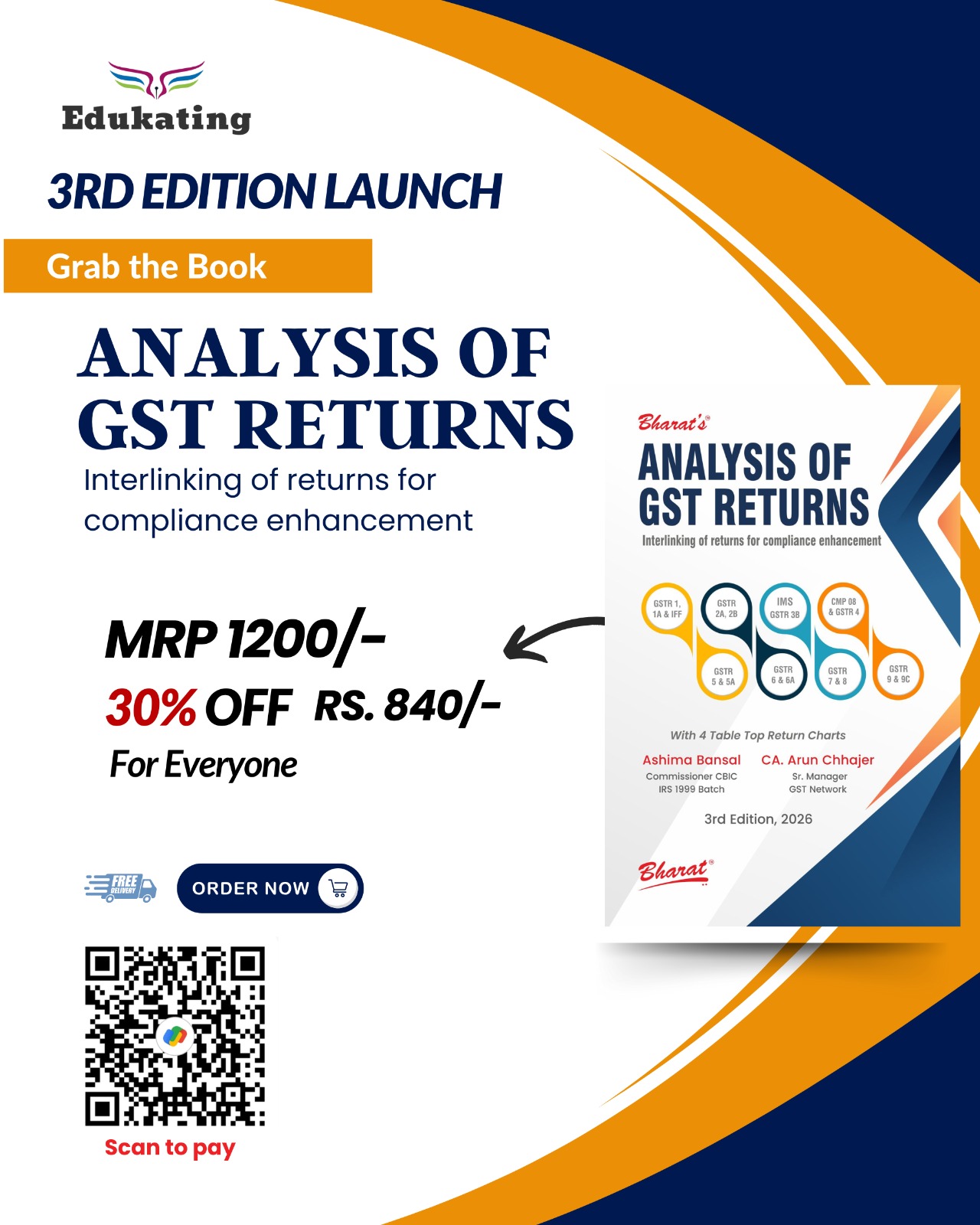ALL ABOUT E - INVOICING
TOPICS COVERED
- Background
- Portals Launched by the Department
- Update as on 9th July 2022
- Exemptions from E – Invoicing under GST
- Penalties under E – Invoicing or Consequences of non – generation of E – Invoice
- Some Common FAQ’s
- List of GSTIN generating IRN
Background
The E – Invoice was firstly introduced by the Notification No 31/2019 Dated 28th June 2019 for the Registered Taxable Person having turnover over 100 Crore where the turnover was increased to 500 Crore by Notification No 61/2020 dated 30th July 2020.
| S.No | Notification No. | Turnover | Notification Date |
| 1 | 31/2019 | 100 Crore | 28th June 2019 |
| 2 | 61/2020 | 500 Crore | 30th July 2020 |
| 3 | 88/2020 | 100 Crore | 10th Nov 2020 |
| 4 | 05/2021 | 50 Crore | 08th March 2021 |
| 5 | 01/2022 | 20 Crore | 24th Feb 2022 |
Portals Launched by the Department
(i) www.einvoice1.gst.gov.in; [Only functioning at present, operated by National Informatics Centre (NIC)]. Other portal will soon be enabled as GSTN has concluded the selection and empanelling of E – Invoice registrars from the private industry.
(ii) www.einvoice2.gst.gov.in;
(iii) www.einvoice3.gst.gov.in;
(vi) www.einvoice6.gst.gov.in;
(vii) www.einvoice7.gst.gov.in;
(viii) www.einvoice8.gst.gov.in;
(ix) www.einvoice9.gst.gov.in;
Update as on 9th July 2022
E – Invoicing will be mandatory for Companies have Aggregate Turnover above 5 Crore from 1st January 2023, this is to curb further leakages, ensure better compliance and policy formulation as told by the CBIC Chairman Vivek Johri
Manner Prescribed under E – Invoicing
The Form for E – Invoicing prescribed under Sub - Rule 4 of Rule 48 of CGST Rules, who have prepared tax invoice in a manner as the class of persons who shall obtain an Invoice Reference Number (IRN) for such invoice by uploading particulars in FORM GST INV 01 on the common GST E Portal, within thirty days from the date of such invoice, failing which the same shall not be treated as an invoice.
Exemptions from E – Invoicing under GST
There are three levels under which E – Invoicing is not mandatory
- Entity Level
- Transaction Level
- Documents Level
Entity Level
- An insurer or a banking company or a financial institution, including an NBFC
- A Goods Transport Agency (GTA)
- A Registered Person supplying services by way of admission to the exhibition of cinematographic films in multiplex services.
- A Registered Person supplying passenger transportation services
- Input Service Distributor
- An SEZ unit
Transaction Level
- Bill of Entry
- B2C
- Non – GST Supplies (Alcoholic Liquor for human consumption, and 5 other Petroleum Products)
Documents Level
- Bill of Supply
- Self – Invoice in case of RCM
- Delivery Challan
- Advance Receipt Voucher
Penalties Under E – Invoicing or Consequences of Non Generation of E – Invoice
Non issuance of E – Invoice IRN is considered as a failure of issuance of invoice. This is laid down in sub rule (5) of Rule 48 of the CGST Rules. Below are some of the penalties for non – issuance of invoice or issuance of incorrect invoice.
- Penalty for non – issuance of invoice: 100% of the tax due or Rs 10,000/- (whichever is higher) will be imposed for each instance of non – compliance.
- Penalty for incorrect invoice: Rs 25,000/- will be imposed as E – Invoice penalty here.
- In case the goods are transported without a valid invoice, the department may detain the goods and the vehicle. Penalty may be imposed here.
- E – Way Bill generation will not be possible without a valid IRN. This may impose further penalties.
Note: - From October 2020, The Government has waived off penalties on E – Invoice on E – Invoices, If the taxpayer generates the IRN within 30 Days.
Some Common FAQ’s
Q. Whether e-invoicing is applicable for invoices between two different GSTINs under same PAN [such as branches of co located in different States]?
A. e-invoicing is applicable to such distinct person having different GSTINs but same PAN and there is no exception given to them.
Q. Whether SEZ developers are exempted from e-invoicing?
A. SEZ Developers are not exempted from E-invoicing as the exclusion mentions only SEZ unit, therefore SEZ developer need to follow e-invoicing procedure. Whether this was prima facie mistake in law or not that could be a question to Govt that intention was only to SEZ units or SEZ as whole
Q. How to calculate aggregate turnover?
A. Taxable supplies, Exempt supplies, Non-taxable supply, Export of goods, Export of services, Inter-State supplies of persons having same PAN, supplies without consideration [Schedule I]Exclusion: Inward supplies on which tax is payable under RCM, CGST, SGST, IGST and cess To be computed on PAN India basis.
Q. Which year aggregate turnover to be compared with 500 Crores [01.10.2020] and 100 Crores [Post 31.12.2020]?
A. The aggregate turnover to be compared in any preceding financial year from 2017-18 onwards. Where turnover was exceeded 500 Crores in previous FY from 17-18 then e-invoicing would be applicable from 01.10.2020. In case of 100 Crores was exceeding in any previous FY from 17-18 then e-invoicing from 01.01.2021. Where turnover of 100crs was not exceeded in any previous FY and exceeding in current year then e-invoicing from 01.04.2021.
Q. Whether e-invoice is applicable in case of exports?
A. Yes e-invoicing is applicable when invoice issued to recipient.
Q. Do one need to check turnover every year when once e-invoicing is applicable?
A. Once E-invoicing is applicable then it would be applicable for all FYs thereafter and there is no escape from this, therefore once e-invoicing is applicable there is no need to check turnover for all succession years.
Q. Whether amendments could be made in e-invoices once raised for which IRN has already been generated?
A. Amendments are not allowed on IRP once raised it cannot be changed/amended. However one could cancel the same within 24 hours Where 24 hours are lapsed then the taxpayer do not have any other option and need to proceed with the same Further when filing GSTR-1 taxpayer could amend the same in GST portal, Such above situation would result into differences between GST portal and IRP and same would be flagged and reported to concerned jurisdictional officer thereafter justification on reasonable basis to be provided to department.
Q. Till what time the E – Invoice can be cancelled?
A. Cancellation of IRN is possible only within 24 hours of the generation of the IRN.
Q. What if E – Invoice is not cancelled and 24 hours have been passed?
A. Post Completion of 24 hours, the supplier will have to issue either a debit note/credit note or edit form GSTR 1 modifying the respective invoice details.
Q. What if E – Way Bill is generated can E – Invoice be cancelled?
A. Cancellation of IRN is not possible in case the e – way bill is already generated/active for the respective IRN.
Q. Can the same invoice number be issued if once cancelled?
A. Once the E – Invoice (IRN) is cancelled; the same invoice number cannot be re-used to generate another IRN.
Q. Can one partially cancel a reported e-invoice?
A. No. It has to be cancelled in total. No partial cancellation of reported e-invoice allowed. Cancellation of invoices is governed by Accounting Standards and any other applicable rules/regulations.
Q. How long does the IRP store the invoice data?
A. The IRP (Invoice Registration Portal) stores the data for 2 days only.
List of GSTIN generating IRN
The National Informatics Centre (NIC) has issued a list of GSTINs updated till July 16, 2022 generating an invoice Reference Number (IRN).
https://einvoice1.gst.gov.in/Others/GSTINsGeneratingIRN
Thank you Neena Sethi Mam for helping me in writing the article
DISCLAIMER
The views expressed in this article are those of individual author’s writing in his individual capability only. The information provided in this article does not intend to constitute legal advice, instead all the information, content, and all the materials available in this article are for general purpose only. Readers of this article should contact their attorney to obtain advice with respect to any particular legal matter.




